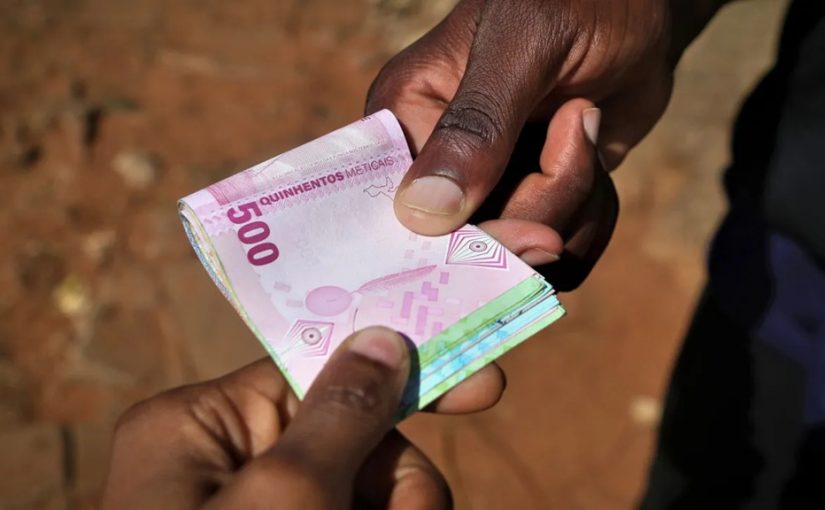UK Joins AGIA Fund to boost green infrastructure and inclusive growth in Mozambique and across ...
Mozambique’s 2026 budget prioritises wage bill control and debt stabilisation – govt

FILE - “For 2026, we have planned a budget with expenditure at around 32% of GDP, State revenues at around 28% of GDP, and a fiscal deficit of around 6% of GDP,” the Secretary of State said, assuring that the difference will be financed by donations and domestic and foreign debt, but with greater restraint to minimize risk. [ File photo: Lusa]
The Mozambican government estimates a fiscal deficit above 6% of Gross Domestic Product (GDP) for 2026, a year in which it will prioritize wage bill control and stabilizing the State’s debt burden.
“Ensuring a balance between the importance of consolidating public accounts to stabilize debt indicators and freeing up budgetary space to meet productive investment needs. However, this consolidation effort must not neglect the need to create conditions for allocating resources for investment, allowing the economy to continue growing,” said the Secretary of State for the Treasury and Budget this Friday.
Amílcar Tivane presented to government partners the outlook for the proposed Economic and Social Plan and State Budget (PESOE) for 2026 at the Central Development Observatory in Maputo, acknowledging that international shocks and geopolitics are affecting Mozambique’s forecasts.
“To meet these challenges, we will continue working to rationalize spending, and two cornerstones of this process are wage bill control and debt stabilization,” Tivane explained, also acknowledging that spending represents a critical area of next year’s PESOE.
“For 2026, we have planned a budget with expenditure at around 32% of GDP, State revenues at around 28% of GDP, and a fiscal deficit of around 6% of GDP,” the Secretary of State said, assuring that the difference will be financed by donations and domestic and foreign debt, but with greater restraint to minimize risk.
For 2025, the government had previously forecast a deficit of 5.6% of GDP.
In today’s speech, Amílcar Tivane also detailed that the budgetary policy objectives for 2026 “will continue to revolve around the need to strengthen fiscal credibility and transparency,” as well as “implement or accelerate a set of reforms to boost revenue collection.”
“And here we are considering the revision of the IRPC and IRPS codes [Corporate Tax and Individual Income Tax codes], the tax benefits code, whose revision is already underway, and also the taxation of income in the digital space,” he noted.
Regarding public debt management, Tivane said the strategy for 2026 will “continue to prioritize portfolio management” through “passive management operations, debt swaps, and ultimately the reduction of the volume of public debt financing” to “create conditions for improving the country’s risk premium indicators.”
On the other hand, Amílcar Tivane emphasized the need to generate primary surpluses to ensure public debt stability, allowing for a “fiscal framework with sufficient flexibility to meet expenditure pressures arising not only from the need to cushion external shocks, but also from social spending, productive investment, and administrative challenges.”
Net financing of Mozambican government expenditures with short-maturity Treasury Bills amounted to 17.72 billion meticais (€238.1 million) through June, bringing the total debt to 14.4 billion euros.
According to budget execution data from January to June from the Ministry of Finance, Treasury Bills worth nearly 134.064 billion meticais (€1.801 billion) were issued. “The growth of domestic debt is justified by the weak performance of revenue and lack of disbursements of external resources (donations and credits), forcing the Government to resort to the issuance of Treasury Bills and other short-term loans to meet the financing of the Treasury deficit with a view to ensuring the execution of the PESOE [Budget],” the document states, adding that the ‘stock’ of public debt on June 30 amounted to 1.072 trillion (million million) meticais (14.4 billion euros).












Leave a Reply
Be the First to Comment!
You must be logged in to post a comment.
You must be logged in to post a comment.